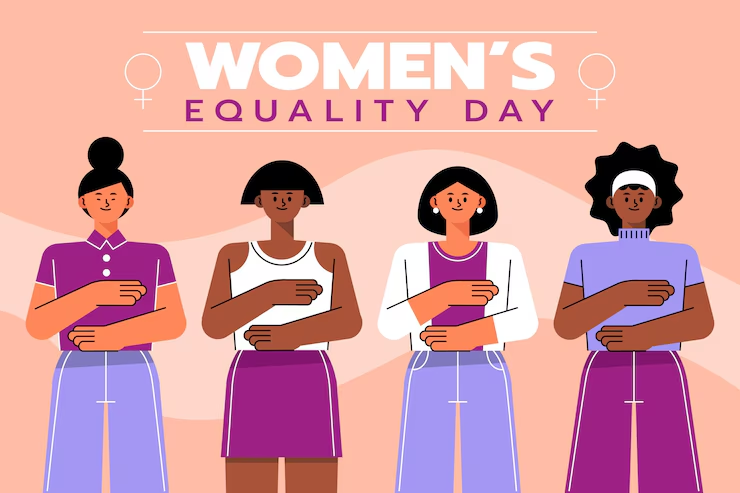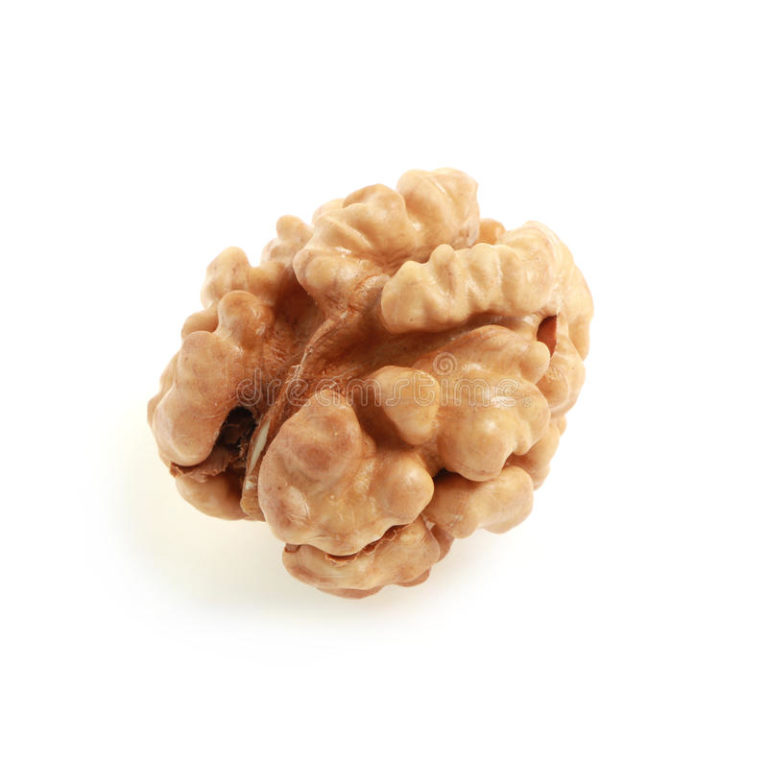Medical Misogyny world wide new research
I listened with fascination to the Radio National program “Why ignoring sex and gender can have deadly consequences” with Fran Kelly on the way that health care in general – including cancer care – is worse for women. It’s an experience (sadly) that’s regularly reflected in my own practice.
This is the conversation:
This 20 minute conversation with experts Dr. Ophira Ginsburg (co-chair, Lancet Commission on women, power and cancer) and Dr Maggie Kirkman, senior research fellow at Monash University exposes the disadvantages people with female identity experience the world over.
These eminent researchers discussed the way that medical care is skewed as a result of the patriarchal influence imbedded in most cultures. This applies in areas from basic research to diagnosis of health issues from heart attach to cancer treatment.
A few examples worth mentioning are:
- When it comes to diagnosis of high-impact medical conditions, females are most often still dismissed as presenting with something less serious. Endometriosis – a physiological condition – is often still diagnosed as “a normal part of the menstrual cycle”.
- The differences in how health issues present vary by gender. The classic example is the more subtle signs and symptoms of a heart attack compared to the well known obvious chest crushing pain with radiating sensations to the left arm.
- There are substantial gender differences in neurological conditions including ASD (autism) and ADHD.
- The impact of treatments vary by biological gender – for example chemotherapy dosages for biological women are often more toxic than the same dose in men.
The list of gender-based inequity in research, diagnosis and treatment is getting longer all the time, as researchers increasingly recognise gender-based physiological differences and stop assuming that women are “smaller men”.
This unconscious discrimination is even reflected in Australia’s Medicare system, where scheduled items for the management of real and complex medical problems such as endometriosis and menopause are still outstanding (but due this year to be properly recognised). An exciting and important investigative procedure using MRI has been developed for endometriosis which will enable quicker and more accurate diagnosis. So change is a-happening!
Even though I hear regular anecdotes from many of my female clients patients about how their doctors (male and female) have dismissed their health concerns – the documented level of medical misogyny discussed in the interview horrified me.
It left me asking: “How can this be, in 2025?”
Deep, unconscious cultural biases are a sad reality
GPs are humans – and like all humans, operate on a knowledge base built up historically from the society around them. Western medicine developed in a highly patriarchal culture where women were disenfranchised and disempowered.
It’s not that (most) doctors are consciously and deliberately sexist. It’s more that in a massively complex world where knowledge is growing faster than ever before, it’s impossible to know everything. (Particularly things that haven’t even been researched.)
The massive work load of medical study and qualification implants significant unintentional biases – alongside the more recognised understandings of biology and medication.
How can we change this?
To me, it’s important to be informed about your health overall, and to research and understand your specific health issues and the medications that you have been prescribed. I acknowledge that it’s hard – but in a world where 1 1/2 million women die unnecessarily from cancer, it’s a good self-care practice.
My approach is to support and encourage patients to continue to question their health care team regarding both their medication prescriptions and diagnoses.
It’s important to get questions like these answered – directly and explicitly:
- How long should I be on this medication?
- Is there a safer one?
- Is there another pathway for me?
- What are the clinical studies that support the use of that medication AND the duration?
- What are the possible diagnoses?
It takes courage, intention and time to build a trusting relationship with your GP – one where you are able to have these conversations. However, it’s important AND it’s achievable.
I have seen many folks develop this capability – and it has benefitted both their personal health and their doctor’s practice. Over time, even hesitant or ‘unbelieving’ GPs can come to accept and respect your choice to include a responsible Naturopath as part of your care team. Getting good communication flowing is vital for your best health care.
If you don’t feel that your concerns are being fully “heard” by your GP, then you may need expert support. You can book a consult to discuss your health concerns through my Contact Page.







